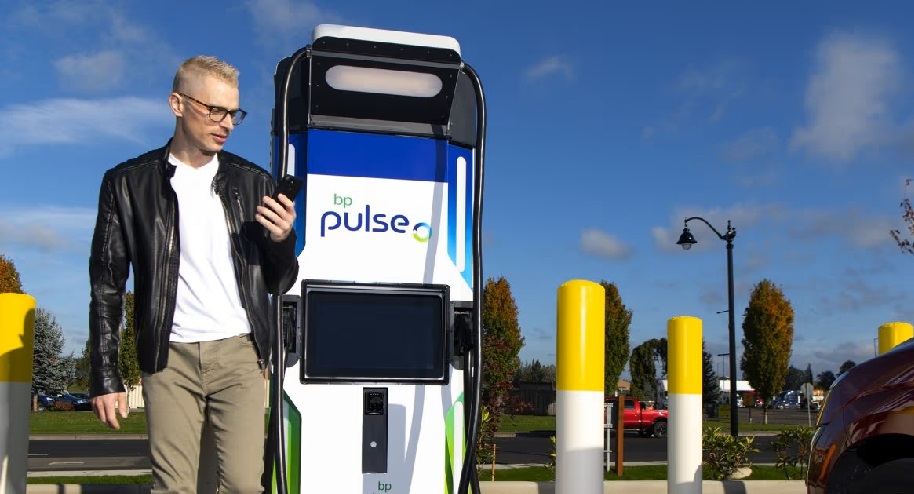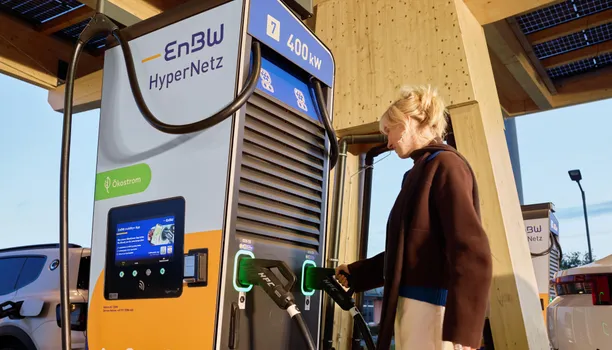bp pulse‘s new pricing model will charge customers for charging their electric vehicles (EVs) depending on the time of day.
The idea is to lower prices at off-peak charging times, as well as helping reduce congestion during busier periods.
“This means you pay a different price to charge up your EV depending on the time of day.”
“At bp pulse, this is split into peak, off-peak, and super off-peak periods of the day,” the company explains.
The new system has not been rolled out across the United States yet.
“We’re currently trialing ToU pricing at a number of our EV charging sites, with plans to roll this out across other locations through 2025,” the company indicates.
Prices for the three different times have also not been published, but bp pulse writes that it is currently trialling ToU pricing at a number of charging sites and refers customers to use its app to determine what prices are locally available.
Furthermore, the time of use periods can vary by location, so users will want to carefully check their app before connecting for a charging session.
Regarding multiple time periods, the company specifies that the price will be charged according to the period.
“That means that the pricing rate for your session may vary if this crosses into more than one pricing period.”
READ MORE
-
chargecloud Expands Marketplace with AI-Based Support: Cooperation with Lemonflow Technologies
The integration brings 24/7 AI-powered user support, fully embedded into the chargecloud ecosystem, aiming to enhance operational efficiency and service quality for CPOs across Europe.
-
EV transition in Europe slows, but momentum remains after EU climbdown
EU policy flexibility may ease short-term pressure on automakers, yet rising EV sales, infrastructure needs and long-term investment signal that electrification remains the industry’s core trajectory.
-
EnBW and Alpitronic strengthen long-term partnership to scale high-power charging across Germany
The agreement covers fast-charging hardware, joint development of future functionalities and a multi-year maintenance framework to support EnBW’s expanding HPC network.










